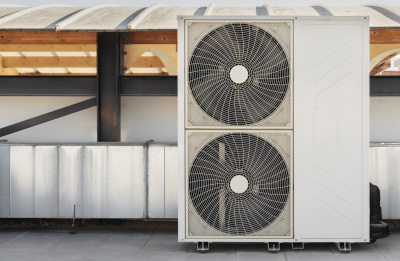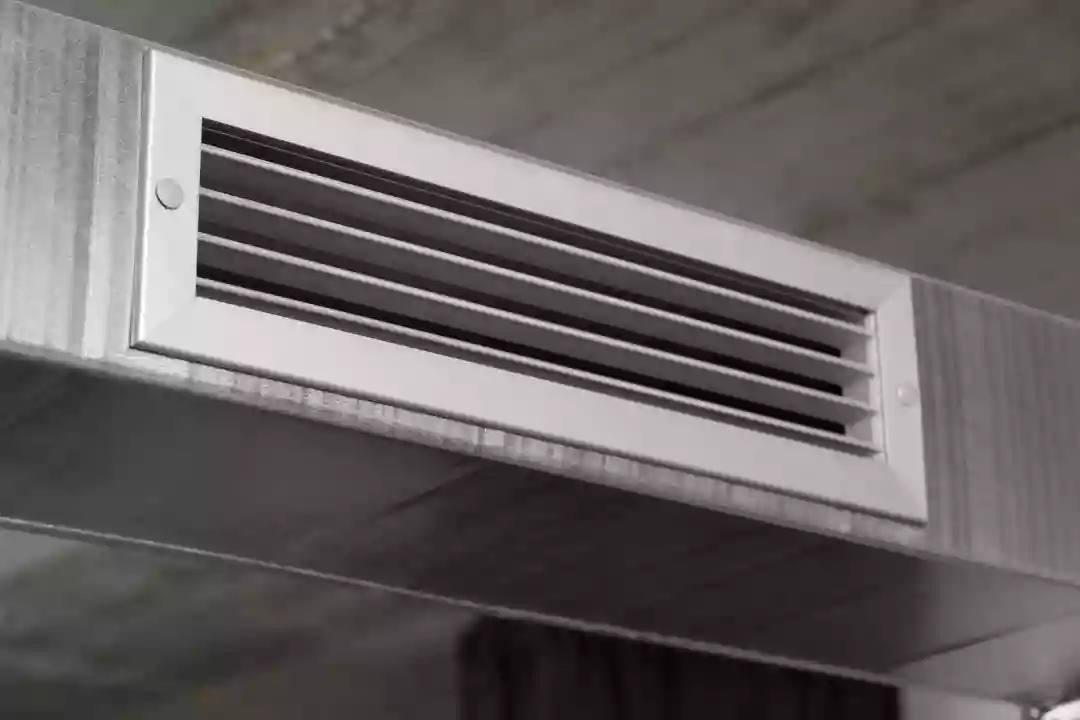Complexity
In order to fulfil the higher demands placed on business HVAC systems and the commercial environment in general, commercial AC units are often more sophisticated. Comparatively, a single-family home with relatively constant needs is often heated and cooled with a household air conditioner. In addition to being more likely to be larger, building air conditioning can also be divided into several offices and/or departments with various heating and cooling needs.
The air conditioning system must take into consideration many thermostats that simultaneously manage multiple spaces. A business could produce, process, sell, or store products that need to be kept at particular temperatures. A place may also be utilised to host conventions or accommodate big gatherings of people, in which case it has to have changeable temperatures to keep everyone happy. Commercial HVAC systems are becoming increasingly sophisticated due to these diverse demands.
Design
A duct system's workings might change based on the design of the building it's intended for. Residential systems often exist as freestanding unit split between the interior and exterior of a property, but these units frequently have a modular design. A commercial system's modular construction, which is housed in a single unit, makes it simple to locate and maintain each component. A residential unit would not be able to be expanded or modified in any manner, but this design makes it easier to do so.
Commercial ductwork arrangements are often more modular in nature than residential stand-alone systems used in residences. By design, different parts can be put together in a variety of ways to satisfy the particular needs of the building being served. This makes sense given the practically infinite commercial ramifications inside a specific place. This arrangement may also change over time when owners or tenants move in and out.
Another worthwhile design choice that can be utilised to regulate the heating or cooling of certain areas of a house or business is the usage of zoned systems. This is accomplished by installing zone valves and dampers inside the vents and ducts that are particularly made to selectively stop the airflow. This useful design element stops an air conditioning system from heating or cooling parts of a building that are not in use. The zoning systems for businesses are more advanced than those for homes.

Need assistance finding ductwork cleaning near you?
Get a QuoteSystem Size
HVAC systems are required for both business and residential facilities in order to maintain indoor temperatures throughout the year. The HVAC systems in these two various sorts of facilities do, however, differ somewhat from one another. Residential systems are easier since the majority of homes only have a small number of rooms that require heating and cooling. Because a commercial HVAC system must be able to support a larger structure and a greater number of inhabitants inside that facility, its engineering is more difficult. Depending on the sort of business occupying a commercial property, the inside settings may be more varied.
Another significant distinction between commercial and residential air ducts is system size. Commercial areas, as was already said, are often significantly larger than residential ones. As a result, they need a bigger HVAC system and more air ducts to distribute air throughout the structure's numerous rooms. To function efficiently, commercial HVAC systems may also need other components including a compressor, evaporator, condenser fan, dampers, blowers, and thermostats. Residential systems, on the other hand, probably don't need these extra components and don't need a system as big.
Placement
Commercial HVAC systems are installed substantially differently from residential ones. The residential system will often be in the backyard or next to the structure, church, or school. Commercial and industrial systems, however, often have the units mounted on top of the structure. In addition to saving space, this keeps the majority of noise pollution outside the structure. Larger drainage systems are needed for commercial HVAC systems. Because they are cooling bigger areas, the system is now cycling through more moisture. This necessitates the installation of a complete drainage system in addition to the commercial system. Residential systems have smaller drainage systems, but if a church has many systems, the drainage systems for each may be distributed throughout the structure.
Maintenance
Commercial HVAC systems require more maintenance than a single home unit for a number of reasons, including the complexity of the system's components, its scale, and its different operating principles. To ensure flawless installation, effective maintenance, and energy efficiency for a commercial unit, you need highly trained and professional experts. Due to the fact that each HVAC system has a distinct mechanism and performs differently, several HVAC professionals specialise in various HVAC systems.
Your energy expenses will probably start to go up if you do not stay on top of the upkeep of your ducting. This is due to the system having to work harder to deliver clean, fresh air to you. It's better to leave ductwork repairs to the experts because they can't be done fast. They will be equipped with the skills and information necessary to do the task swiftly and effectively.
In this article:
